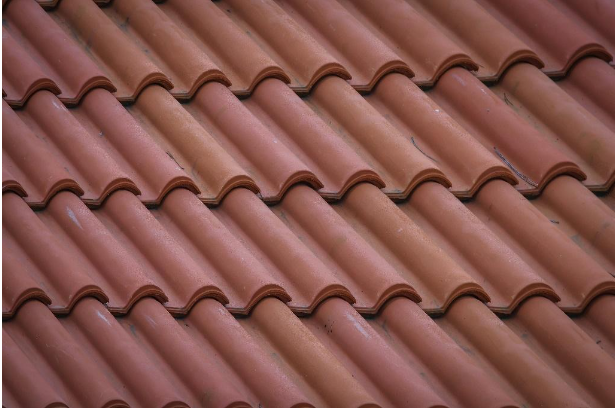Tile roofs are not only aesthetically pleasing but also durable and energy-efficient roofing solutions for businesses. They offer a blend of functionality and style which makes them a popular choice for various businesses. There are different types of tile roofs available that come with their own pros and cons.
Industry experts can offer invaluable guidance on what would be the ideal choice for your business, considering factors such as climate, building structure, and budget. But regardless of what option you finalize from the various tile roof types available in the market, regular maintenance still remains paramount to ensure their longevity and performance.
Neglecting proper maintenance can lead to costly repairs and premature replacement. In this article, we’ll explore some essential tile roof maintenance tips tailored specifically for business owners.

Regular Inspections
Conducting regular inspections of your tile roof is crucial to catching any issues early on. Schedule inspections at least twice a year, preferably in the spring and fall, to assess the condition of the tiles, flashing, and underlayment. Look for cracked, broken, or missing tiles, as well as signs of wear and tear.
Clear Debris
Debris, such as leaves, branches, and dirt, can accumulate on your tile roof over time, especially after storms or windy weather. Regularly remove debris using a soft-bristled broom or a leaf blower. Accumulated debris can trap moisture, leading to mold growth and deterioration of the roof’s structure.
Gutter Maintenance
Clogged gutters can cause water to overflow onto your tile roof, leading to water damage and potential leaks. Clean your gutters regularly to ensure proper water drainage. Gutters should be inspected for any signs of damage or corrosion and repaired or replaced as needed.
Trim Overhanging Branches
Overhanging branches can rub against the tiles, causing damage and abrasion. Trim back any branches that hang over your roof to prevent them from scratching or dislodging the tiles. This will also reduce the risk of debris buildup on the roof.

Check for Moss and Algae
Moss and algae growth can compromise the integrity of your tile roof and create a breeding ground for pests. Inspect your roof for any signs of moss or algae and promptly remove them using a mixture of water and mild detergent or a commercial roof cleaner. Avoid using pressure washers, as they can damage the tiles.
Inspect Flashing and Sealants
Flashing around vents, chimneys, and skylights, as well as sealants along roof edges and penetrations, play a crucial role in preventing water infiltration. Inspect flashing and sealants for signs of damage, deterioration, or gaps. Replace or repair any damaged flashing or sealants to maintain a watertight seal.
Address Leaks Promptly
If you notice any signs of water stains or leaks inside your business premises, address them promptly. Water damage can escalate quickly and lead to extensive repairs and costly downtime for your business. Identify the source of the leak and repair it immediately to prevent further damage to your roof and property.
Professional Maintenance
While many maintenance tasks can be performed by business owners or maintenance staff, some tasks require the expertise of professional roofers. Schedule periodic inspections and maintenance with a reputable roofing contractor to ensure that your tile roof remains in optimal condition.
Consider Protective Coatings
Applying a protective coating to your tile roof can enhance its durability and resistance to weathering. These coatings can help extend the lifespan of your roof and reduce the frequency of maintenance required. Consult with a roofing professional to determine if a protective coating is suitable for your roof.
Keep Records
Maintain detailed records of all maintenance and repairs performed on your tile roof. This will help track the roof’s history, identify recurring issues, and ensure that maintenance tasks are carried out on schedule. Documentation also plays a crucial role in warranty claims and insurance coverage.
Final Thoughts
Proper maintenance is key to maximizing the lifespan and performance of your tile roof. By following these essential maintenance tips, business owners can protect their investments and avoid costly repairs down the line. Regular inspections, debris removal, gutter maintenance, and prompt repairs are integral parts of a comprehensive tile roof maintenance plan.
Don’t overlook the importance of professional inspections, and consider investing in protective coatings to enhance your roof’s longevity. Remember, a well-maintained tile roof not only adds to the aesthetic appeal of your business premises but also provides reliable protection against the elements.







